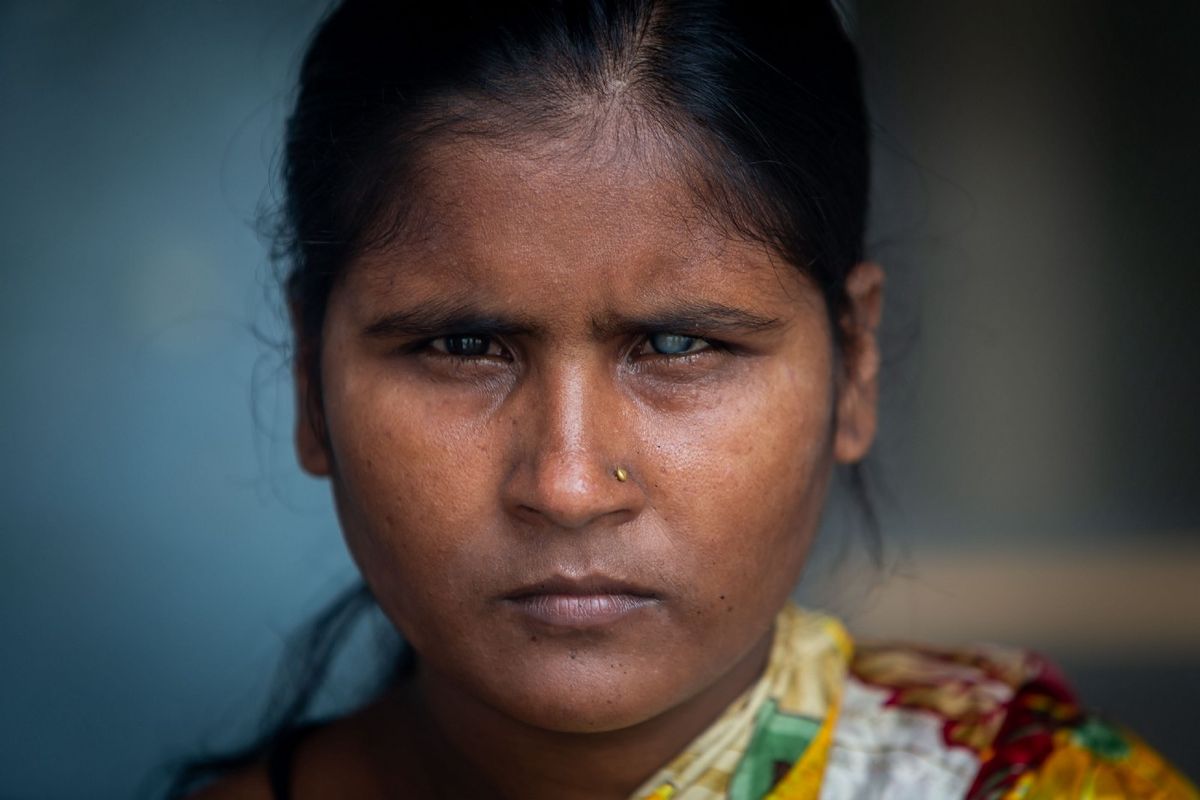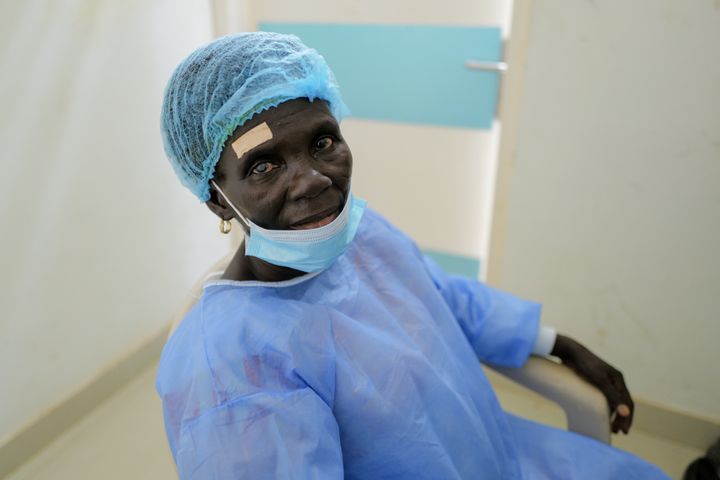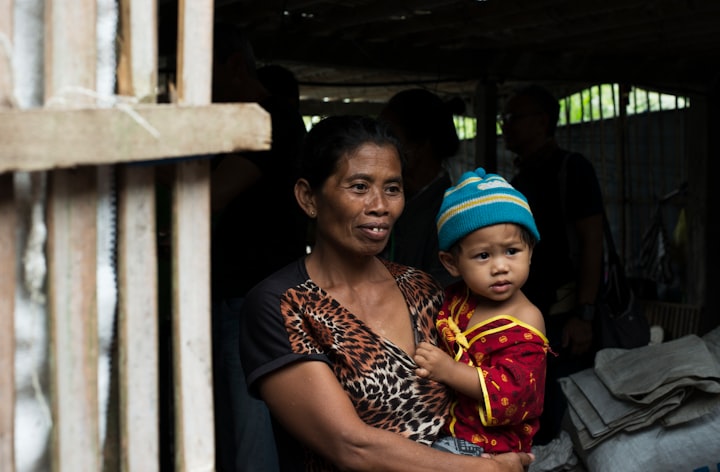Banished and Blind - Women in remote communities

Reaching out to several remote regions in Nepal has shown that women are often treated as second-class citizens and much worse after losing their sight.
Whilst reaching out into different communities, you start to realise that there is quite a lot that we take for granted. Understanding the world outside of our own is something that I believe we could all make a combined effort to do, together I think that this could make a real difference.
The Tej Kohli & Ruit Foundation, over the last year, has made tremendous progress in reaching across Nepal into some of the most remote regions. In these regions, we have learnt that thousands of people are suffering needlessly and are struggling to live their everyday life.
As well as this, we noticed that women, throughout multiple communities, are treated horrifically after losing their sight.
Over the last 2 years, I have learnt that 90% of the world's blind women are living in poverty with 4 out of 5 of these women's blindness being curable.
These particular women often are expected to tend to their family and have the responsibility of ensuring that their house is well kept. Once blind, these women are no longer able to keep up with their responsibilities and are deemed useless by their families and community.
In western Nepal, during a Tej Kohli & Ruit Foundation outreach, we met 35-year-old Anita Yadav who used to live with her husband, children and in-laws. Anita was three months pregnant with her third child when she started to lose sight.
Anita's vision started to become blurry and worsened each day. Affecting both of her eyes, she could no longer walk around by herself, cook for her family or clean their home.
Her family had become increasingly concerned and by the time she reached the final trimester of her pregnancy, she was completely blind. Deciding her condition was too much of a burden, Anita's husband sent her away to her parents in Banke and informed her that she is to return home once her sight is restored.
After being ostracised by her community and family, Anita returned home to her parents and gave birth to a healthy baby girl. Following the birth, Anita and her parents began to focus on curing her blindness. Concerned about affording surgery, a Tej Kohli & Ruit Foundation outreach camp was set up nearby where Anita was cured and able to return to her family.
This is just one story of the treatment of women in remote communities. It is a story of complete social ostracism. There are often several factors that can lead to this. Firstly, in remote villages in countries such as Nepal, there is often a lack of education. In developing countries, this can often lead to women not being aware that their condition can be cured.
As well as this, women are looked upon as second-class citizens meaning that they are not given access to any household finances that are available. In many instances, it has been found that households are willing to invest in the cure of men but not women.
Lastly, travelling from village to village can often be treacherous and dangerous. With some journeys taking several days, women are discouraged from travelling alone - especially with poor vision. This means that hospitals are not able to be reached, leaving the women to live a life of curable blindness.
I feel strongly about being able to support each and every individual throughout these developing communities. This is why I have ensured that the Tej Kohli and Ruit Foundation pays close attention to ensuring that screening camps are organised with a focus on reaching women. With the help of local health partners, we are also providing counselling to families and patients to increase awareness and the number of people who will allow themselves to be cured.
Curing people has shown that the world can become better. Over the last year, we have been able to cure over 15 thousand people and share our knowledge with the world. Having been part of this and having the initiative to keep moving forward makes me proud of our organisation and everything we have achieved and all we will go on to do.
Anita is just one woman's story out of hundreds upon thousands of women who suffer like this every day - with the Tej Kohli and Ruit Foundation, hopefully, we can support and uplift each and every woman and person suffering alone.
For more information on Tej Kohli as a philanthropist visit tejkohliruit.com and to read more of his views go to his Medium.
To read about Tej Kohli as an investor visit Kohli Ventures.
Find out more about Tej Kohli: Tej Kohli the technologist investing in human triumph, Tej Kohli the philanthropist trying to cure the developing world of cataracts and Tej Kohli the London tycoon with a generous streak.
| Follow: Twitter | Instagram | LinkedIn | Facebook | YouTube |




Comments ()